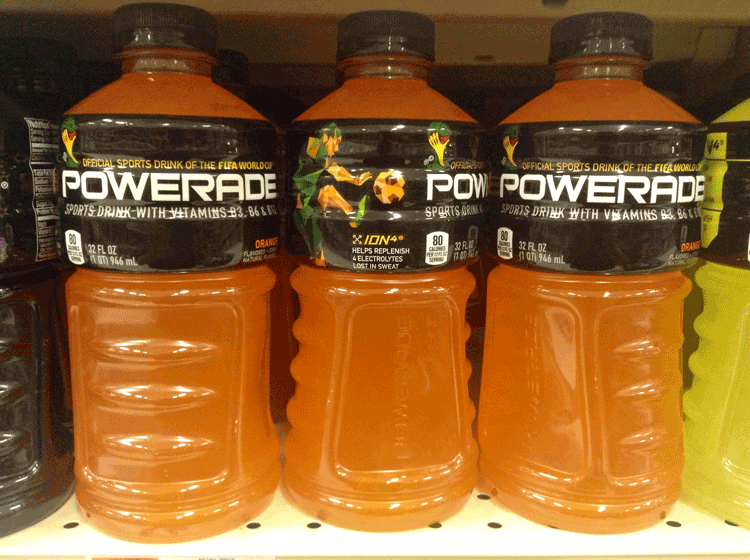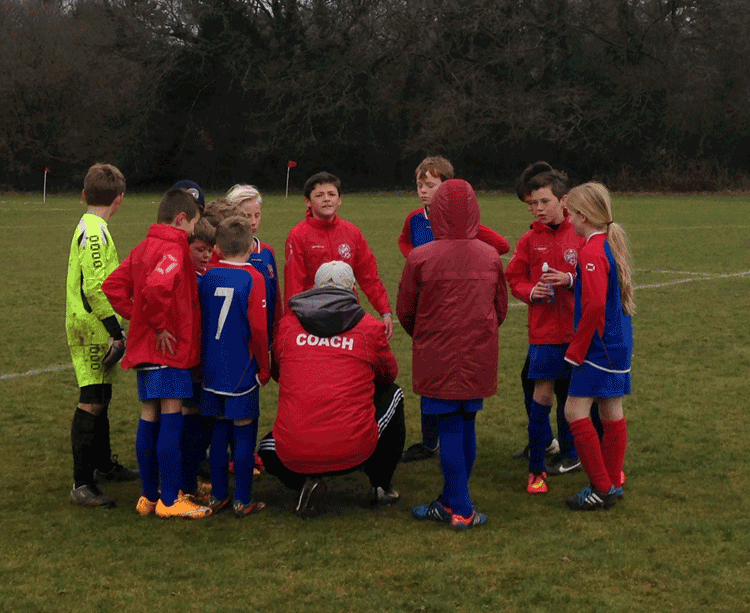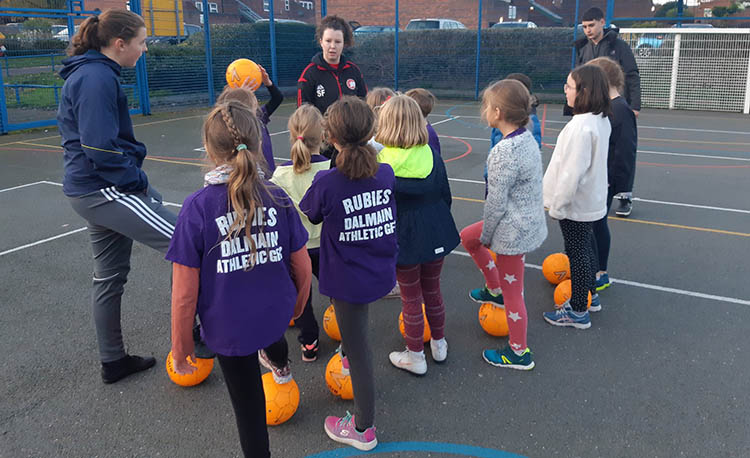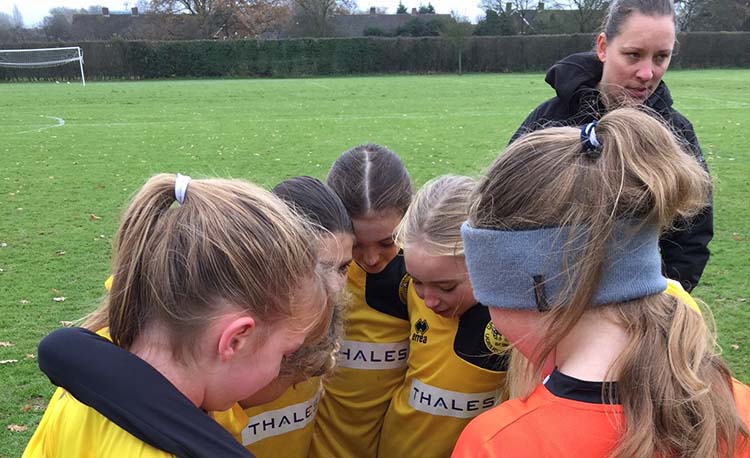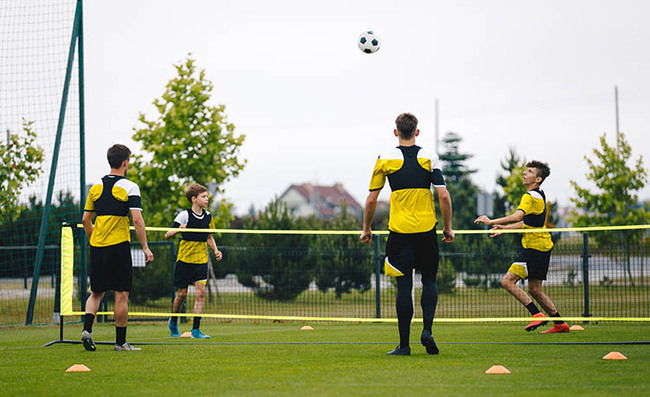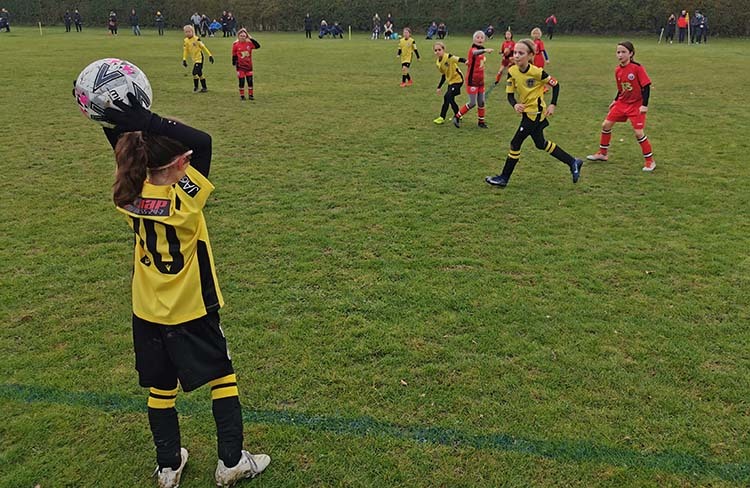7 best drinks for young players at half time
Coaching Adviceby Nicole Cowart
It doesn’t take rocket science to understand that a lot of energy is lost after a soccer match. During the half-time break, a player has an opportunity to replenish energy using carefully selected food substances.
It doesn’t take rocket science to understand that a lot of energy is lost after a soccer match. During the half-time break, players have an opportunity to replenish energy using carefully selected food substances.
This helps players overcome fatigue and optimize their performance. Research shows that the level of glucose in blood declines when playing soccer. As a result, the study of soccer diet becomes a critical component for successful game management.
There are a variety of food supplements that players can consume, but here we are focusing on the best drinks giving some hints and tips to take the decision making out of which drink to take.
Below is a list of the seven most important drinks for players during half-time break.
1. Water
Soccer teams mostly comprise of young players whose energies are at the peak. Playing in a soccer match is a very rigorous activity that makes participants sweat and dehydrated. Water is the recommended choice to hydrate, comparable to others. There are more benefits of taking water; it regulates body temperature, lubricates body joints, supplies body cells with nutrients and prevents infections.
2. Energy giving
Energy giving foods are one of the best drinks for the soccer team. The Metropolitan University of London has confirmed that players who take a carbohydrate drink mentally perform more during a soccer game. A combination of caffeine and carbohydrate enormously influence the capacity to endure tough games.
Caffeine increases jump height, running speed and total running distance.
3. Sports drinks containing sodium
Most sports drinks contain carbohydrates and sodium, but the percentage composition varies with brand. Sometimes little attention is paid to sodium. During sweating, a player loses salt. These drinks help soccer players to replace lost salt and maintain body fluid balance.
4. Protein Shakes
During the break, there is neither enough time to eat real protein food nor is it advisable. Protein Shakes are the best protein form for players. There are milk protein shakes in the market that are easily digested. After a high intense soccer match, muscles and tissues break down, the amino acids in protein help in cell growth to restore. Also, protein is an energy source but not as immediate as carbohydrates.
5. Sports drinks containing electrolytes
Most drinks contain ions like potassium, calcium, magnesium, chloride and many more are essential to young players. These ions are crucial for nerve and muscle function. Improper balance can easily lead to muscle contraction and weakness. Other added benefits of the electrolytes is that they aid in hydration and maintaining body PH. Coconut water is an example of such.
6. Vitamin Water
Soccer players with more vitamin D have better physical parameters. There are different flavours of vitamin water available. A player can choose his/her flavour to add a personal touch to the half time drink.
7. Multi-Probiotic drink
A probiotic drink is in the league of the healthy drinks for soccer team player because it improves lactose tolerance, immune system, ability to absorb electrolytes, healthier skin and improves complexion.
Conclusion
While most coaches are focused on training and match days, nutrition is a vital aspect that shouldn’t be ignored. As a coach of soccer teams, you will have witnessed instances where a player has to be replaced due to fatigue or muscle breakdown, most of it is caused by sports nutrition ignorance, for example, physical or mental draining. If you are a player or a coach, the drinks suggested will help your team become the best they can be.
Newsletter Sign Up
Coaches Testimonials

Gerald Kearney, Downtown Las Vegas Soccer Club

Paul Butler, Florida, USA

Rick Shields, Springboro, USA

Tony Green, Pierrefonds Titans, Quebec, Canada
Subscribe Today
Discover the simple way to become a more effective, more successful soccer coach
In a recent survey 89% of subscribers said Soccer Coach Weekly makes them more confident, 91% said Soccer Coach Weekly makes them a more effective coach and 93% said Soccer Coach Weekly makes them more inspired.
*includes 3 coaching manuals
Get Weekly Inspiration
All the latest techniques and approaches
Soccer Coach Weekly offers proven and easy to use soccer drills, coaching sessions, practice plans, small-sided games, warm-ups, training tips and advice.
We've been at the cutting edge of soccer coaching since we launched in 2007, creating resources for the grassroots youth coach, following best practice from around the world and insights from the professional game.
More from us
© 2023 Soccer Coach Weekly
Part of Green Star Media Ltd. Company number: 3008779
We use cookies so we can provide you with the best online experience. By continuing to browse this site you are agreeing to our use of cookies. Click on the banner to find out more.
